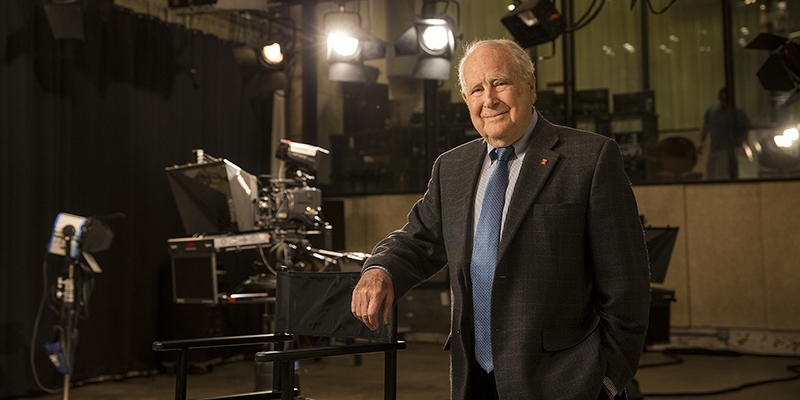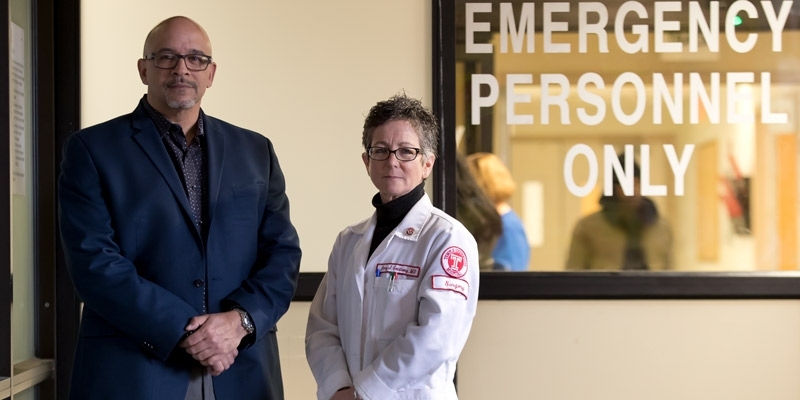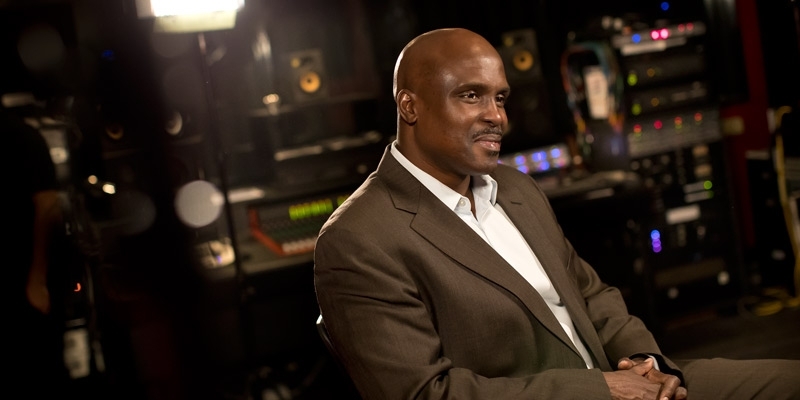Changing hearts
Polina Gross, a PhD candidate in Temple’s Lewis Katz School of Medicine, is studying novel therapies to treat people with heart disease.
Polina Gross was in class at her high school in Israel when she received a text message that would set the course of her career.
The text from her sister told Gross she was in an ambulance with their mother heading to the hospital. Her mother was having a heart attack.
It was the beginning of a traumatic ordeal for Gross and her family.
“My mother had open heart surgery,” recalls Gross, 33, now pursuing a PhD in biomedical sciences in Temple’s Lewis Katz School of Medicine. “We really didn’t know if she was going to make it.”
Her mother’s illness inspired Gross to embark on a career helping others facing heart disease—and eventually, one working to prevent it. Gross worked as a nurse for two years, but yearned to make a different kind of change.
“We have tremendous medical capabilities to prolong human life,” she explains. “However, with many chronic diseases, we’re still focusing on treating the symptoms rather than curing the disease.”
After earning a bachelor’s degree in biotechnology engineering, Gross still wanted to learn more to improve outcomes for patients like her mother. In 2012, that desire brought her to Temple for her PhD.
There Gross began working in the Cardiovascular Research Center, investigating heart failure and treatments for it.
Her work has already garnered national attention: Last year, the American Heart Association awarded Gross a predoctoral fellowship for her research on a specific class of ion channels, some of the mechanisms in the heart that contribute to degeneration of the cardiac muscle in patients with heart failure. Her hope is that understanding more about these channels will eventually lead to the development of a novel therapy to slow, or even stop, the progression of heart failure.
Gross’ work could affect hundreds of thousands of people in the U.S. and millions around the world: Heart disease claims more than a half million lives annually in the U.S., and in 2015, it killed more than 7 million people worldwide.
Gross’ mother eventually succumbed to her illness—but she continues to inspire her daughter’s research.
“[Her] story is driving me to find novel cures,” Gross says.
“Science can sometimes be frustrating,” she notes. “But knowing I’m doing work that one day is going to impact other people—that’s what’s keeping me going.”


